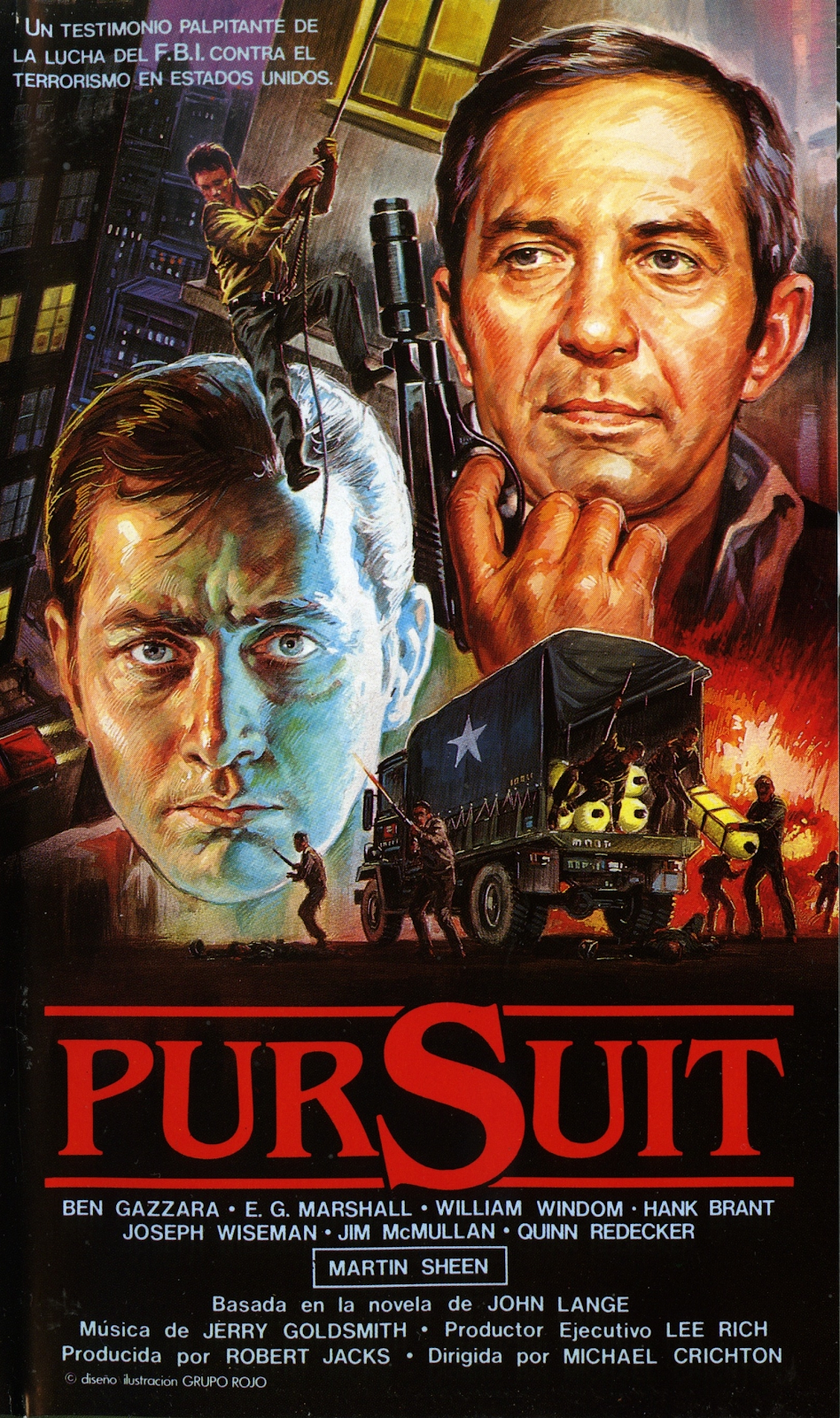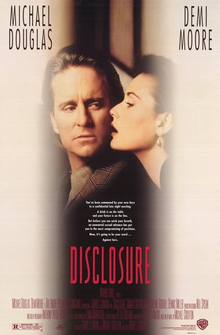The Andromeda Strain.
This is where it all started. The novel (1969) was the first one he wrote under his own name and was an instant success. It was made into a film in 1971, which also became a great success. In 2008 a remake was released by Ridley and Tony Scott as a 4-episode mini-series.


Adaptations of early novels written under pseudonym.
Encouraged by the success of The Andromeda strain, in 1972 Michael Crichton saw three of the novels he had written earlier under pseudonym made into movies. He directed one of them, "Pursuit", adapted from his novel Binary.


Encouraged by the success of The Andromeda strain, in 1972 Michael Crichton saw three of the novels he had written earlier under pseudonym made into movies. He directed one of them, "Pursuit", adapted from his novel Binary.


The Terminal Man and The First Great Train Robbery.
The 70s saw two more Michael Crichton novels adapted into movies. Michael Crichton wrote the screenplay for and directed The First Great Train Robbery himself.
The 70s saw two more Michael Crichton novels adapted into movies. Michael Crichton wrote the screenplay for and directed The First Great Train Robbery himself.
The Jurassic Phenomenon.
Jurassic Park is undoubtedly what made Michael Crichton most famous. It triggered a mass phenomenon of interest in all things dinosaurs, and a whole franchise of two film trilogies between 1993 and 2022, and an 8-minute YouTube short film set between the last two installments..
Rising Sun, Disclosure, Congo.
Following the success of Jurassic Park, three more novels by Michael Crichton were adapted to films in the following years.
The final three novels that were adapted into movies between 1998 and 2003.
The rights for other Michael Crichton novels have been acquired by various producers, including Micro, Dragon Teeth and the upcoming Eruption, but no plans have been announced yet about the films being made.
































